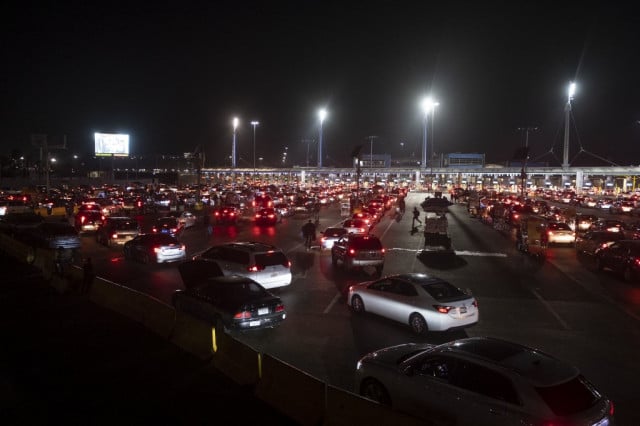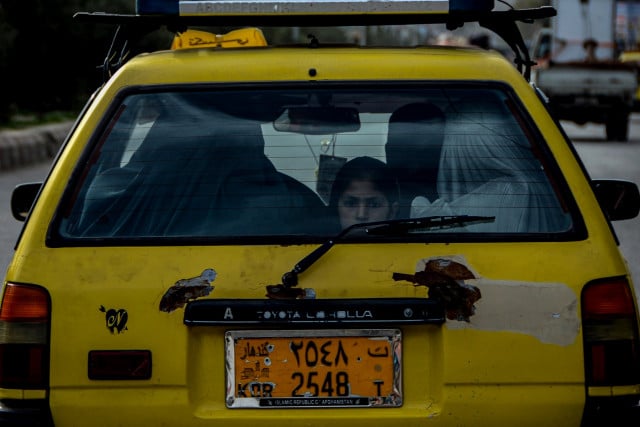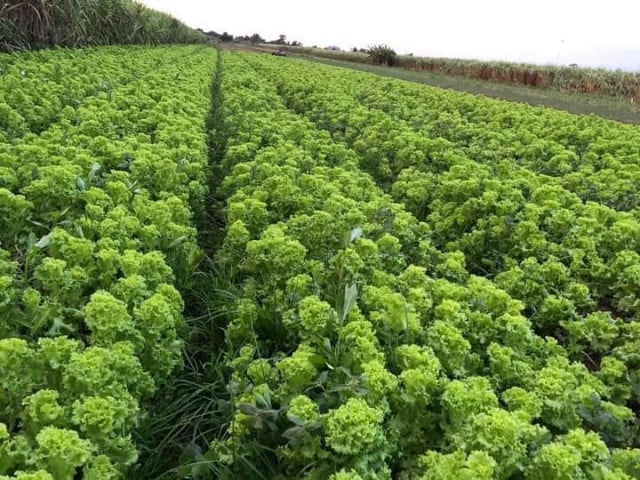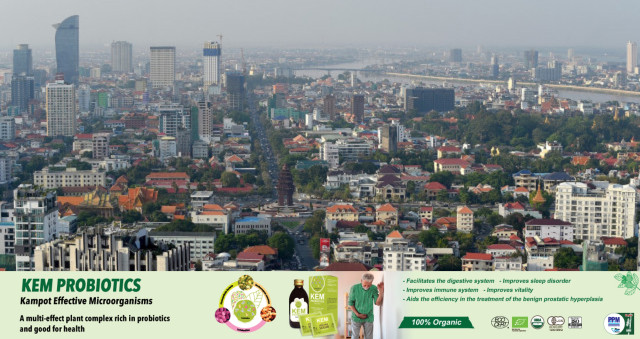Cambodia’s Real Estate Near Crisis, Experts Warn
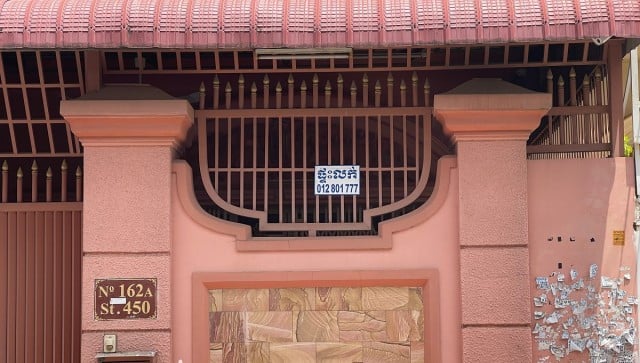
- By Ou Sokmean
- July 20, 2021 4:09 PM
Property owners sell up or rent out to pay debts
PHNOM PENH--The Covid-19 pandemic has forced many property owners to sell their houses, restaurants, entertainment venues or hotels to make ends meet and repay debts.
Economists and real estate experts say the real estate sector in Cambodia is on the brink of crisis.
The Toul Tum Poung market area in Phnom Penh’s Chamkarmon district is a commercial area with many apartments, luxury restaurants and shops, as well as other commercial buildings.
However, due to the third Covid-19 wave arising from the February 20 community outbreak, property owners in the market area have rented out or sold their houses.
Some have sold their houses below the market value, while others have put up their shops or restaurants up for sale or rent.
Pheng Sophal, a resident in the Toul Tom Poung 2 commune, put up his house for sale two months ago to solve problems with his business and repay debts while Covid-19 was rampant. Sophal said he had put his three-story building, four meters wide by more than ten meters long, for sale at $340,000.
“I have announced the sale for two or three months when Cambodia was hit by the severe Covid-19 outbreak,” Sophal said.
“I don’t know how much it will sell for because the economy is in crisis and no one has asked to buy it.”
Not far from Sophal’s house, Seng Phanna put two houses up for rent on July 13, after his business was disrupted due to the outbreak.
Despite needing money to deal with his business problem, Phanna said he had not sold his houses. He thought they were in an area with potential to get a better price after the pandemic. He said he was still able to sustain his business despite the difficult situation.
“I import clothes for sale. Since the Thai and Vietnamese borders were closed to contain the spread of Covid-19, I have had nothing to sell,” Phanna said.
“I have lost income to spend on my daily life and repay the bank. I have decided to rent my houses because I have to repay the bank and other debts.”
Other areas in Phnom Penh and provinces such as Siem Reap have also seen a surge in real estate sales.
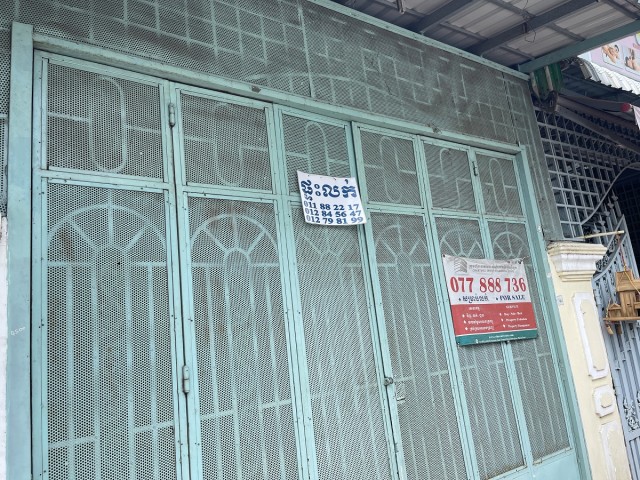
Ky Sereyvath, an economist at the Royal Academy of Cambodia, said the trend of real estate sales or rentals was a sign that the real estate market was gradually heading for a crisis while the Covid situation remained uncertain.
Sereyvath said most of the bank-indebted real estate owners were in tourism-related businesses which were completely stranded.
“We see the real estate market, which once was very active, as a barricade to investments in other sectors,” Sereyvath said. “But today’s market has lost its vitality, which is why there are many real estate sales.”
He said a real estate crisis would affect the banking sector.
When the banking sector faced challenges, Sereyvath said, the number of those who had lost in real estate businesses would increase. In addition, Cambodia may face losses of international financial flows through the banking system and microfinances.
“The impact is that spending in our economy] begins to decline as more people only earn just to repay their debts. This is the problem,” he said.
Keam Seaklong, a real estate business consultant at Cambodia Valuers and Estate Agents Association, said the real sector was in crisis but not as serious as it was in 2008.
The pandemic had posed a serious treat but the real estate sector was not significantly affected yet and had not frozen as it did during the real estate crisis in 2008.
“There was no business activity during the real estate crisis in 2008,” Seaklong said. “But now there are still real estate sales. They are just in decline. We can see a considerable decrease.”
He said the decline was due to the loss of foreign investment inflows in the real estate sector, particularly the loss of purchasing power of local people due to the Covid-19 outbreak and restrictions on bank lending.
Sereyvath agreed that the problems were not as serious as in 2008 because people still had faith in this sector, including political support and infrastructure from the government.
But he warned that a potential crisis in the real estate is reaching a dangerous point as so many people have owned real estate properties.
“The real estate has reached its peak and will go to another level which is to fall back,” Sereyvath said. “It means that this sector is standing on the edge of the cliff and is about to fall.”
If this sector continues to grow, with more constructions being built, it will end in a freeze or a crisis, he said.
There had been a rapid transformation of rice fields or land in remote areas into new cities or development zones, but this was not easy to achieve and won’t meet the expectations that the real estate companies have promised in their advertising.
Additional reporting by Teng Yalirozy






